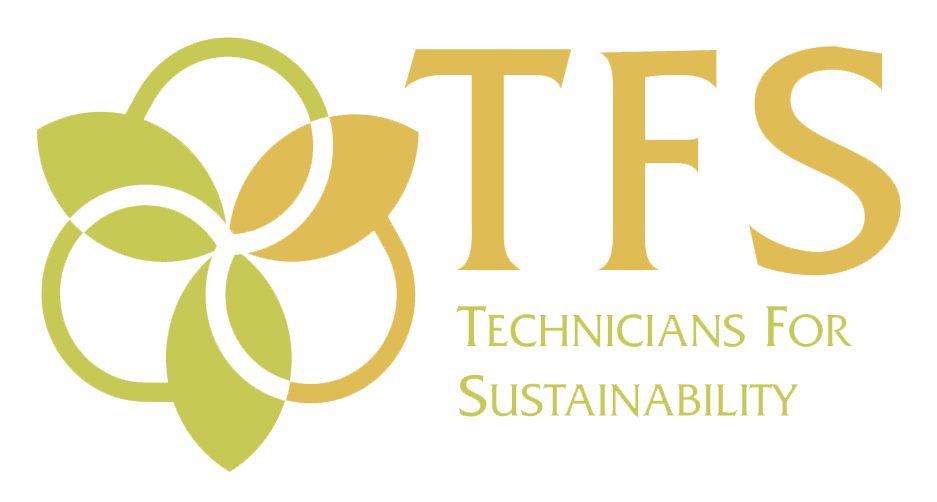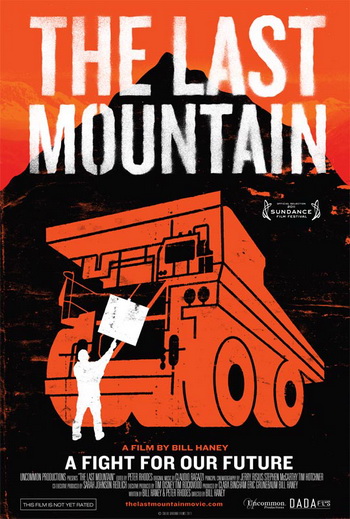Tucson, AZ- October 3rd, 2011- Casa Maria Soup Kitchen announces the completion of its rooftop solar power system. The 3.87 kW solar electric (photovoltaic) system was paid for by a grant from Technicians for Sustainability, an incentive from Tucson Electric Power (TEP), and private donations. Producing over $70 dollars worth of electricity each month, the solar array will allow Casa Maria to use a greater proportion of its budget to go toward feeding those in need, their primary mission.
Located on an old adobe home at 352 E 25th St, the 18 panel solar array is a visual reminder of how solar is spreading in southern Arizona, even to places as unlikely as a soup kitchen. The cost for the project was around $22,000, with $7,750 offset by TEP’s incentive program, Sun Share. Casa Maria Soup Kitchen was also awarded a solar grant, worth over $7,000, through Technicians for Sustainability (TFS), a local solar installation company. The rest of the system costs were made up through private donations resulting in an entirely free solar array for Casa Maria.
"Solar in Tucson is not limited to huge public installations or large homes. We are a DOE Solar America City because of the strong solar community that has developed in Tucson. One important aspect of that community is helping non-profits go solar. This solar grant program from TFS is a good demonstration of the strength of the Tucson solar community", says Bruce Plenk, City of Tucson Solar Coordinator.
The newly solar powered soup kitchen subsists entirely off of private donations, and manages to feed hundreds of hungry Tucsonans daily. The significant utility savings resulting from the solar energy production will free up approximately $36,000 over the solar array’s 30 year life span, helping the kitchen to dish out its mission to the many needy individuals served each day. According to Casa Maria volunteer, Jerry Gill, "This solar system gives us an opportunity to extend our commitment to serving the poor with justice and in harmony with the earth. We already participate in recycling day old food donated by various food stores and restaurants, as well as used clothing from different private donors. We also grow some food of our own. Now, not only will we be able to save a considerable sum of money, but we will lessen our carbon footprint at the same time."
About Casa Maria
Casa Maria’s mission as part of the lay Catholic Worker movement, founded in 1930 in New York City by Dorothy Day and Peter Maurin, is to practice daily the love and compassion of Jesus and to implement the teachings of his Sermon on the Mount by being in solidarity with the poor. At Casa Maria they are committed to acts of mercy, voluntary poverty, pacifism and to the work of justice for the poor.
At their Free Kitchen, they daily serve lunch to 600 single persons, many of whom are homeless, and they provide a family food bag to more than 200 families who are on the edge of poverty. They also have a free Medical Mobile Clinic twice every week, a program for Vaccines for Cats and Dogs, and offer American Citizenship Lessons in Spanish and leadership and Community Organizer Training also in Spanish. Brian Flagg has been the director of Casa Maria for over 25 years.
About Technicians For Sustainability
Technicians For Sustainability (TFS) is a locally owned, mission-driven business, committed to walking their talk. They provide businesses, public institutions, and residential homeowners with high-quality, clean, renewable energy systems, helping to translate environmental values into a practical reality. The company employs proven technologies to meet customer's specific needs, including solar electricity and solar hot water heating. TFS has installed over two megawatts of solar power in southern Arizona. For more information about Technicians For Sustainability visit tfssolar.com
# # #
On the Web:
| www.tep.com/Green/ |
| tfssolar.com/about-us/community-involvement/ |
Contacts:
| Jerry Gill | Joe Salkowski | Kevin Koch |
| Casa Maria Volunteer | Tucson Electric Power | Technicians for Sustainability |
| 520-762-0807 | 520-884-3625 | 520-740-0736 |
| jslats@att.net | jsalkowski@uns.com | info@tfssolar.com |




